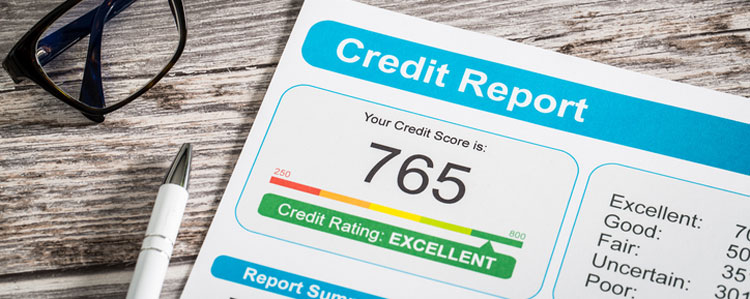When you say you want credit, you are probably asking for payment terms on a purchase. You are seeking to purchase goods or services today and forego all or a portion of the payment until a later date. You may or may not be bound by a payment plan. You may or may not be required to pay a percentage of the purchase price up front (down payment). You may or may not pay a fee (interest) in exchange for the privilege of buying now and paying later. In all cases, you are making a purchase and being trusted to make final payment at some time in the future.
Why is credit so important?
Credit provides you with financial flexibility and security. There are many reasons why you may seek credit. Here are a few examples:
- You move into your first apartment and don’t want to sleep on the floor while you are saving up money to buy a bed. You need credit.
- Your blind date orders the lobster, champagne, and a chocolate dessert. You only brought $40 cash. You need credit.
- You are traveling in another country with no access to your bank account and unexpectedly find a painting that will look great in your living room. You need credit.
- You are traveling through Big City, USA, when your car engine dies. You didn’t anticipate such an emergency. You need credit.
- You can’t live through the summer without a kidney-shaped swimming pool just like the one the neighbors got, but your savings are tied up in certificates of deposit that won’t mature for another six months. By that time, it will be winter. You need credit.
- The local piggery is running a promotion on hindquarters of pork, a free barrel of scrapple, and 2 percent financing to qualified buyers. You figure your money is making 3 percent in the bank. You can take the credit and net a gain of 1 percent. You need credit.
Whether you’re unable to make immediate payment, can’t get access to your cash, are faced with unexpected circumstances, or simply recognize the time value of money, credit allows you to obtain goods and services today that you will not have to pay for until a later date. Used responsibly, credit can help you improve the quality of your life, overcome financial obstacles and emergencies, and even (on rare occasions) save you money.
What does it mean to establish credit?
Establishing credit means establishing your reputation as a good credit risk. When you make a purchase on credit, you are being trusted to make final payment at some time in the future. If you pay as agreed, the lender will likely want to do business with you again. If you don’t pay as agreed, the lender will likely be less willing to extend credit in the future or will charge you a higher interest rate. As time goes by, you establish a reputation. If you have paid your bills, it will be said that you are a good credit risk, that you have good credit, or that you have a good credit rating. This will enable you to obtain more credit from other lenders, in greater amounts.
If, however, you have not paid your bills, or have consistently paid them late, it will be said that you have negative credit. You will develop a reputation as a bad credit risk. Lenders and collection agencies will label you as a no-pay, a slow-pay, a get-me-done, a deadbeat, or just plain bogus. It will become increasingly difficult to get credit, even when you need it for an emergency.

